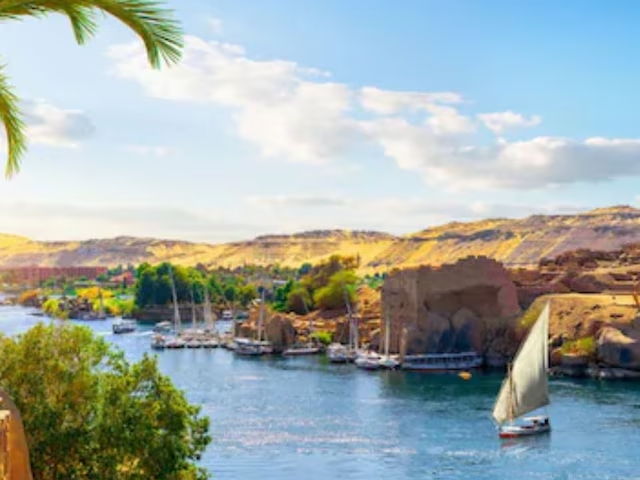Do you know which is the oldest country in the world? Determining this can be challenging, as it cannot be pinpointed with complete certainty. By exploring historical records and ancient civilizations, we can identify some of the world’s oldest nations. According to the estimates of radiometric dating and other evidence, the earth originated 4.54 billion years ago and there are a total number of 195 countries. Its population is more than 800 crore. The list of some of the oldest countries are as follows:
India- It has a history of more than 5000 years, making it one of the oldest countries in the country. It is a home to the ancient Indus valley civilization. It has been ruled by many dynasties and empires, including the Maurya, Gupta and Mughal periods, so each country has had different cultures.
Egypt- has a history dating back more than 5000 years with one of the world’s oldest and most influential civilizations, settled around the Nile River. The country is well-known for its magnificent sights, including the pyramids of Giza, the sphinx, and the temples of Luxor and Karnak.
China- is more than 4000 years old, making it the oldest civilizations in the world. From the legendary Xia Dynasty to the Ming and Qing Dynasties. China has seen the rise and fall of many dynasties. Each of these has left an indelible mark on its culture and governance. The great wall, the city in Beijing and the Terracotta Army in Xi’an are the ancient glories of China.
Iran- Known as Persia in history, it claims to be a cultural heritage dating back more than 3000 years. It flourished under the Achaemenid, Parthian, and Sasanian empires, each of which made significant contributions to art, literature and governance.
Greece- It has a history of more than 3000 years. Ancient Greece flourished under city-states like Athens and Sparta. The Acropolis of Athens, the temples of Delphi and Olympia convey Greece’s heritage and cultural contribution to the world.
Japan- It is a country of over 2000 years old. Ancient Japan was influenced by Chinese civilization and Buddhism, while developing its own unique cultural identity. The temples of Kyoto, the historic sites of Nara and the modern skyline of Tokyo reflect Japan’s journey from ancient traditions to technology.


